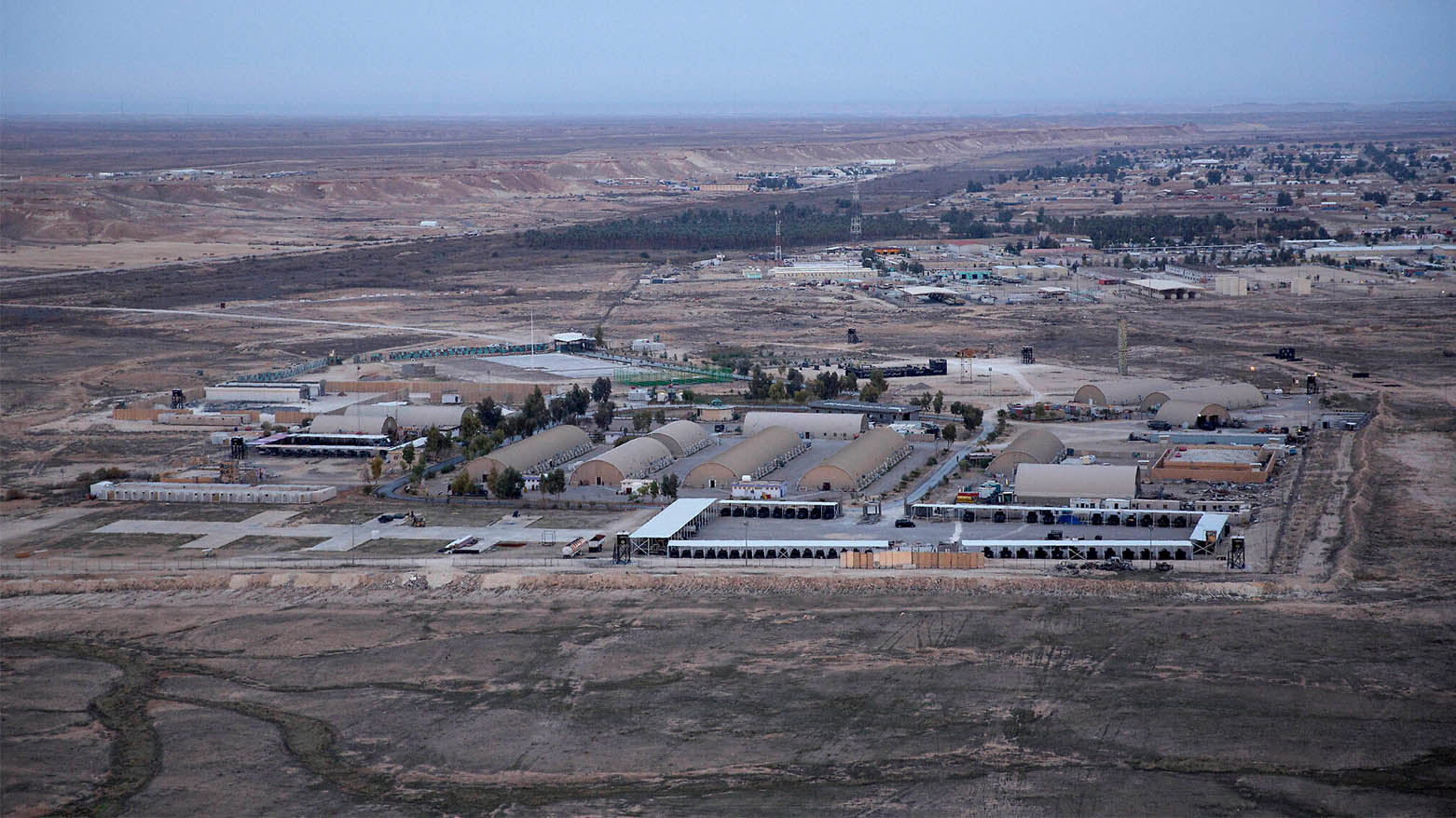Attack drones shot down above Ain al-Asad Airbase: Coalition

ERBIL (Kurdistan 24) – A Coalition source confirmed that early this morning, a series of rocket attacks and one-way attack drones were launched against U.S. and Coalition forces at the Ain al-Asad Airbase in western Iraq's Anbar province.
“The attack drones were shot down before reaching their targets. Reports indicate no casualties or damage to infrastructure,” the source said.
The Washington Institute’s Militia Monitor also reported that on Nov. 6, two attacks were carried out on Ain al-Asad Airbase by Iran-backed groups. The Militia Monitor so far tracked 54 attacks since Oct. 18.
U.S. Secretary of State Antony Blinken on Sunday evening also paid an unexpected visit to Baghdad and met with Iraqi Prime Minister Shia’ al-Sudani, amidst the continued threat of Iran-backed groups.
Read More: Iraqi premier condemned attacks on American forces, says Blinken
“I made it very clear that the attacks, the threats coming from the militia that are aligned with Iran are totally unacceptable and we will take every necessary step to protect our people,” he told reporters during a press conference in baghdad.
“We’re not looking for conflict with Iran – we’ve made that very clear – but we’ll do what’s necessary to protect our personnel, be they military or civilian.”
During his visit, the Iran-backed Dhafireen Group also claimed a mortar attack on the airbase.
The Saudi news agency Asharq Al-Awsat on Sunday also reported that insider sources within Iraq told the news agency that the U.S. Coalition forces at Ain al-Asad Airbase have cut “information exchange channels” with the Iraqi Armed Forces.
The report added that the U.S. resorted to the decision because they believed “their coordinates inside the base were being leaked by insiders.”
Thus far, the Coalition in Iraq has not corroborated the report.
